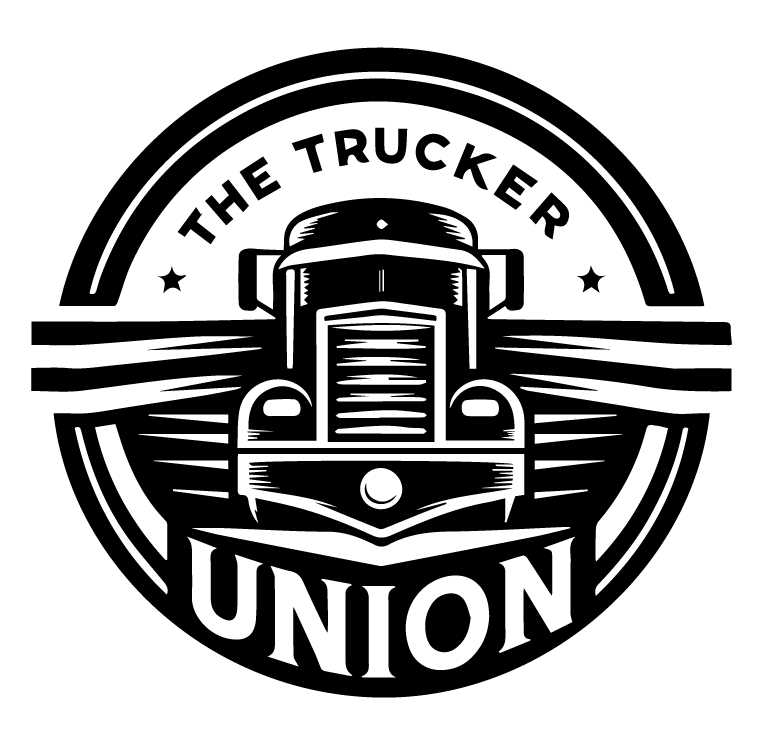
In recent months, the trucking industry has found itself amidst a whirlwind of legislative changes and regulatory debates. Two recent developments have sparked significant discussion and concern among trucking professionals: the House Committee’s passage of a resolution aiming to repeal a rule instituted by the Biden Department of Labor (DOL) regarding contractors, and the ongoing complexities surrounding the classification of owner-operators within the industry.
The resolution passed by the House Committee seeks to repeal a rule introduced by the Biden administration, which has stirred contention within the trucking community. This rule, designed to redefine the criteria for determining whether a worker is an employee or an independent contractor, has drawn criticism from various sectors, including trucking associations and owner-operators. Proponents of the resolution argue that the rule imposes unnecessary burdens on businesses, particularly small trucking operations, by potentially reclassifying independent contractors as employees, thus altering the dynamics of their working relationships and impacting their livelihoods.
Conversely, opponents of the resolution express concerns regarding the misclassification of workers, highlighting instances of exploitation and inadequate labor protections faced by some independent contractors. They argue that reevaluating the classification criteria is essential to ensuring fair wages, benefits, and working conditions for all trucking professionals. The debate underscores the delicate balance between promoting flexibility for independent contractors and safeguarding their rights within the trucking industry.
Amidst this legislative backdrop, trucking professionals continue to grapple with the intricate maze of owner-operator contractor classification. The classification of owner-operators as independent contractors or employees has long been a subject of scrutiny and ambiguity, with significant implications for both drivers and trucking companies.
Various factors contribute to the determination of owner-operator classification:
Degree of Control: The level of control exerted by the company over the owner-operator’s work is crucial. If the company dictates the owner-operator’s schedule, routes, and work methods, it suggests an employer-employee relationship.
Ownership of Equipment: Ownership and control of equipment, such as trucks and trailers, can influence classification. Providing and maintaining one’s equipment tends to support an independent contractor classification.
Financial Arrangements: Independent contractors often bear expenses such as fuel, maintenance, and insurance, and they may have the opportunity for profit or loss based on their business decisions.
Exclusivity of Work: The ability to work for multiple clients or companies concurrently supports independent contractor status.
Integration into Company Operations: The degree to which the owner-operator is integrated into the company’s operations and treated similarly to employees can be indicative of their classification.
Intent of the Parties: Courts and regulatory agencies may consider the intent of the parties when assessing classification, though actual working practices carry significant weight.
Industry Standards and Practices: Prevailing industry standards and practices within the trucking industry can provide context for classification assessments.
These factors, among others, are considered in classification determinations, emphasizing the complexity of the issue.
While some owner-operators prefer the flexibility and autonomy associated with independent contractor status, others advocate for greater protections and benefits afforded to employees. Striking a balance between these competing interests remains a formidable challenge for policymakers and stakeholders alike.
As the trucking industry navigates these regulatory and legislative challenges, stakeholders must engage in constructive dialogue to address the concerns of all parties involved. Balancing the need for regulatory clarity with the preservation of flexibility and autonomy for independent contractors is paramount in shaping the future of trucking employment practices. Ultimately, a collaborative and nuanced approach is essential to ensure a fair and sustainable framework that supports the diverse needs of trucking professionals while upholding labor standards and protections.












